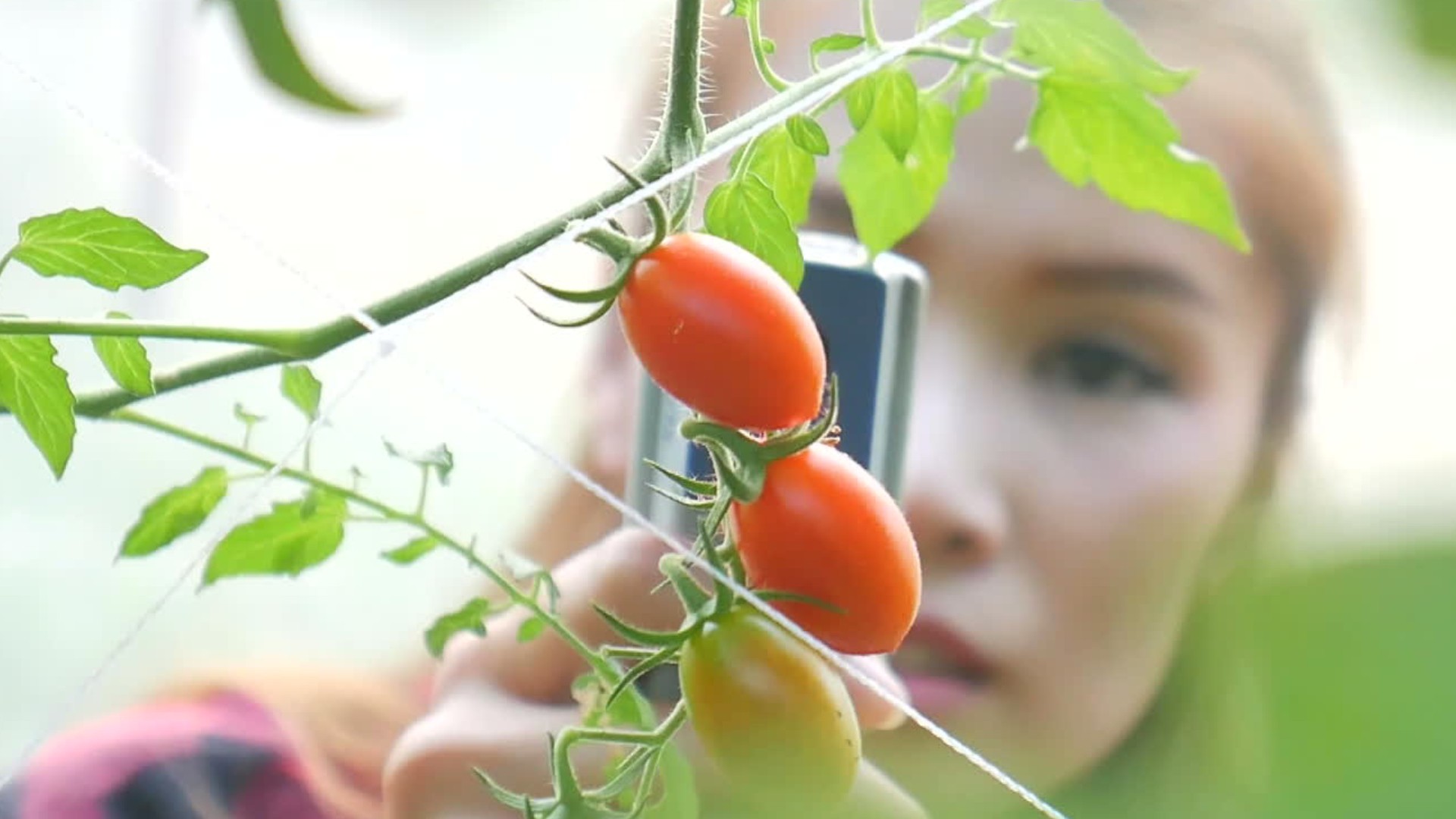Animal Scientists
Animal Nutritionist, Animal Scientist, Beef Cattle Nutritionist, Research Scientist
 Select a military branch to see samples.
No similar titles were found.
Select a military branch to see samples.
No similar titles were found.
Veterinary Corps Officer; Veterinary Pathology; Veterinary Preventive Medicine
No similar titles were found.
No similar titles were found.
No similar titles were found.
No similar titles were found.
What they do:
Conduct research in the genetics, nutrition, reproduction, growth, and development of domestic farm animals.
On the job, you would:
- Study nutritional requirements of animals and nutritive values of animal feed materials.
- Write up or orally communicate research findings to the scientific community, producers, and the public.
- Develop improved practices in feeding, housing, sanitation, or parasite and disease control of animals.
Knowledge
Math and Science
- biology
- arithmetic, algebra, geometry, calculus, or statistics
Arts and Humanities
- English language
Manufactured or Agricultural Goods
- food production
Education and Training
- teaching and course design
Skills
Basic Skills
- reading work related information
- thinking about the pros and cons of different ways to solve a problem
Problem Solving
- noticing a problem and figuring out the best way to solve it
People and Technology Systems
- thinking about the pros and cons of different options and picking the best one
- figuring out how a system should work and how changes in the future will affect it
Abilities
Verbal
- communicate by speaking
- communicate by writing
Ideas and Logic
- make general rules or come up with answers from lots of detailed information
- notice when problems happen
Math
- add, subtract, multiply, or divide
- choose the right type of math to solve a problem
Personality
People interested in this work like activities that include ideas, thinking, and figuring things out.
They do well at jobs that need:
- Innovation
- Achievement Orientation
- Intellectual Curiosity
- Attention to Detail
- Dependability
- Integrity
Technology
You might use software like this on the job:
Analytical or scientific software
- Deoxyribonucleic acid DNA sequence analysis software
- SAS
Presentation software
- Microsoft PowerPoint
Data base user interface and query software
- Microsoft Access
- Structured query language SQL
Education
Education: (rated 5 of 5)
doctoral degree or
master's degree
usually needed
master's degree
usually needed
Job Outlook
Bright
New job opportunities are very likely in the future.
Explore More
- Farmers, Ranchers, & Other Agricultural Managers
- Food Scientists & Technologists
- Microbiologists
- Soil & Plant Scientists
- Veterinarians
You might like a career in one of these industries:
See more details at O*NET OnLine about Animal Scientists.





